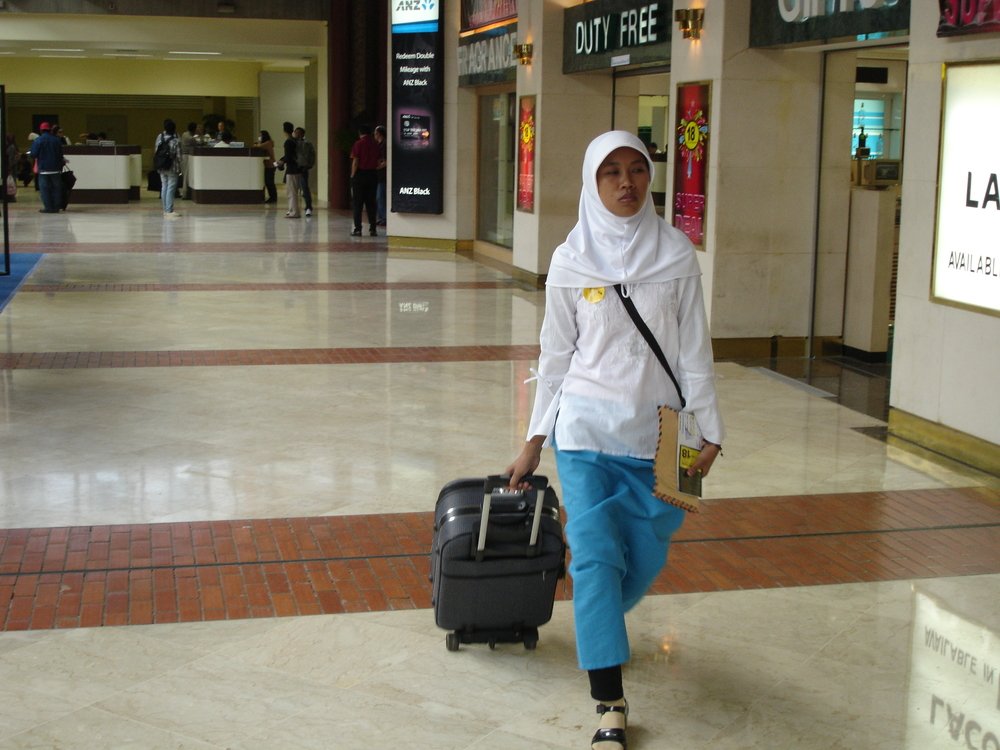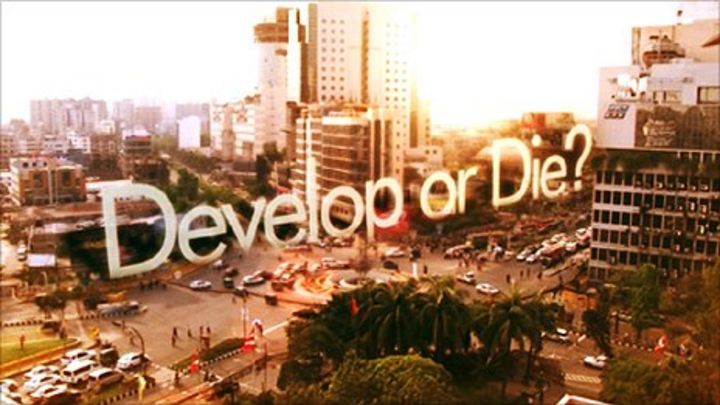Kavita Srivastava addresses the press
Dom Hélder Pessoa Câmara was a Brazilian Archbishop, a liberation theologian, who famously said, “When I give food to the poor, they call me a saint. When I ask why are they poor, they call me a Communist.” Kavita Srivastava could take that a step further. She might say, “If I give food to the poor, they call me a saint. When I ask why are the poor hungry, they call me a Maoist … and send the riot squads to my house.”
Today, October 3, 2011, the Indian government sent a truckload of Special Task Force police to the home of Kavita Srivastava, allegedly to find a woman who had aided the Naxalite movement. The implications, for Srivastava and for many others, were clear. This was meant as a threat, as intimidation, for her leading role in the Right to Food Campaign; for her leading role in questioning the draconian, and worse, conditions in Chhattisgarh, all in the name of rooting out the Maoists, the Naxalites, the `dangerous ones’; for her leading role in the pursuits of women’s rights, civil right, human rights, democracy. In fact, right now, Kavita Srivastava is locked in battle with the State around the very issue of how poverty itself is to be determined. Who’s poor? Ask that, and truckload of heavily armed men may visit your house early some morning.
Kavita Srivastava is the General Secretary of the People’s Union for Civil Liberties, a 35-year-old Ghandian-socialist (of sorts) organization. In that capacity, she witnessed, and documented, the trial of Binayak Sen, also charged with complicity with Maoists, in a highly publicized trial. Srivatasa wrote of the “sinister ways of the Chhattisgarh Police”. She described the climate of threat, violence, and vindictiveness the local police create. Even in a very public trial, the police assumed they could tamper with evidence and never be found out, or if found out, never be punished. Never is a long time, but it seems that in the long arc of the short term, the police may have been right.
Kavita Srivastava is a feminist researcher and activist who has researched the intricacies of so-called women-centered development program in Rajasthan; who has researched, and challenged, the impact of irrigation mega-projects, again in Rajasthan, on rural women and men, focused a laser beam on the ways in which such so-called development projects further marginalized women in particular; has researched gender politics, development, and women’s agency. Kavita Srivatasa has advised and counseled on ways to take the Right to Food to court … and beyond.
And that is why Kavita Srivastava is a dangerous woman, because of her simple and radical refusal. She refuses to accept hunger. She refuses to accept starvation. She refuses to accept anything less than justice, for women, for men, for all beings. No Naxalite was found in Kavita Srivastava’s home. No one, including the police, ever thought one would be found. But there was, and is, something there, something dangerous, more dangerous than the State can imagine or control. The question and practice of justice. Kavita Srivastava is not a saint, she’s a feminist.
(Video Credit: The Hindu / Rohit Jain Paras)

